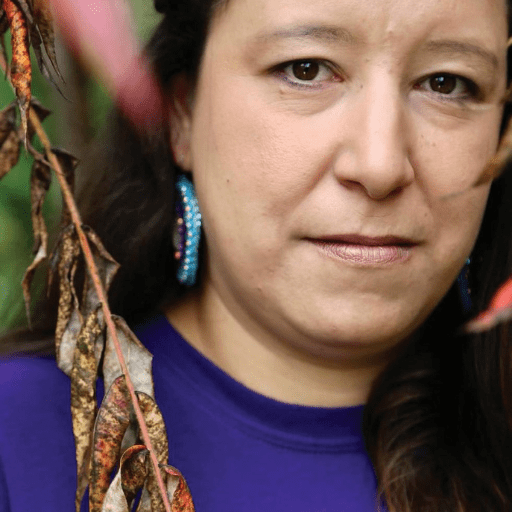I’m not recovering,” said April Tomah of Milford. “I’m recovered.”
She once struggled with heroin addiction, experiencing all the painful “anything and everything” that comes with active drug use, but she is now an enthusiastic, healthy mother of three and member of Maine’s Passamaquoddy Tribe.
April’s addiction started after the painful loss of her infant son and exposure to immediate family members’ addiction. But after her 10-year addiction and at least eight overdoses, April quit cold turkey and started meaningfully living her life.
April’s Native American culture helped pull her out of addiction. Three years before she quit using drugs, a good friend who saw her struggling offered her an eagle feather.
“This is a sacred item to Native Americans,” April explained. “It’s a gift that says when you’re ready, I will help you. That told me that he cared and wanted to help but was allowing me to make that decision for myself in my own time.”
In February 2012, April called on that friend, and her Native community rushed to help her. Before then, she had tried Western methods of recovery, including rehab facilities, detoxes, methadone and suboxone.
But it was traditional Native medicine that saved her. With the love and care only a community can provide, April endured withdrawals through sunrise ceremonies, sweat lodges, smudging and spirit healing.
It was within her Native community that April was able to fully realize who she was without her drug dependency: a strong, resilient person with a lot of love and lessons for whoever needs them. In sobriety, she stepped into an advocacy role for her family and others around her, confidently sharing that “you can have what I have.” And those family members are now sober.
When April became a mother herself, she focused on breaking cycles of abuse she had endured in her own familial relationships. She strengthened her relationship with her children, the Wabanaki people and her work, and fell in love with a supportive partner. Aspects of her identity and self-expression that were hidden for much of her life have been able to fully bloom in her recovery.
Since becoming sober, April, now 45, has come out as a lesbian and as a drag king under the name RezBone, and is learning all the aspects of being a Two Spirit Elder, a designation within the Native community that is important and respected. It was April’s cousin who realized April was a Two Spirit Elder.
“This is a little hard to explain outside of the Native community –there’s a legend associated with this,” April said. “But basically, you have a male spirit and a female spirit within you, co-existing. A Two Spirit person is a bridge between male, female and our creator.”
Two Spirit Elders serve as advocates for the LGBTQ+ community within the tribe and beyond it. April chairs the Wabanaki Two Spirit Alliance, providing support for LGBTQ+ people and helping build a greater foundation of support for them in the world. She also works for Wabanaki Public Health and Wellness.
April’s voice is heard by those struggling with addiction as well as sexual identity and society’s stigmas.
“I do a lot of advocating for rights. I’m there for anyone who needs to talk, walk through issues, vent, just have someone there to listen.”
Sober and exuberant, April is working hard for her community, getting certified as a foster parent, and dancing whenever possible.
“I feel more connected to the creator when I’m dancing or in ceremony and even in the morning when I light my smudge, I feel a strong connection with our creator and my ancestors.”
When doubts creep in, April said her partner, children or coworkers are more than willing to pull her into a hug and remind her of her strength and resilience. And from there, she’s able to remind anyone else who needs to hear that they can always get back up.
“You are stronger than you know,” she said. “The strength within you is greater than you’ll ever know. You can do this.”



